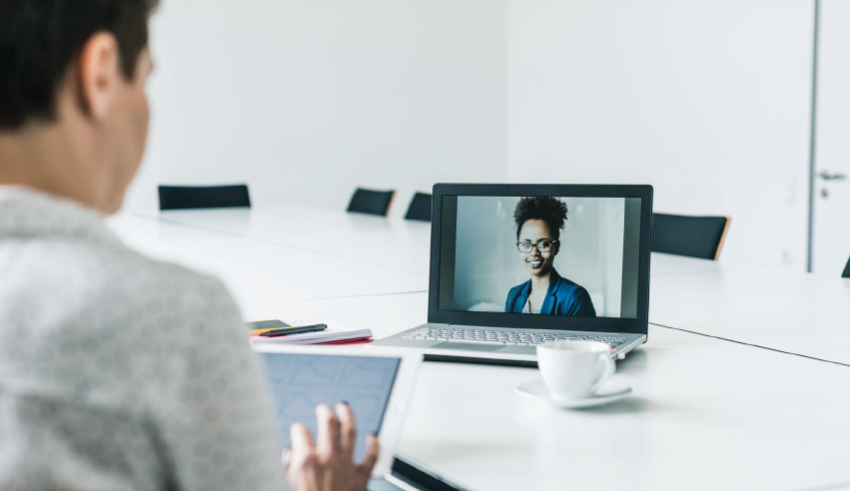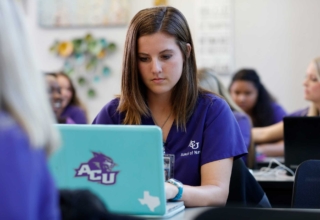
Upholding academic integrity has become increasingly vital. With the rapid shift to online learning, schools face unique challenges in ensuring that students uphold honesty and fairness during assessments.
Remote online proctoring has emerged as a vital tool in this quest.
This blog post explores the significance of academic integrity, the benefits of remote proctoring, and practical steps schools can take to implement this technology effectively.
Table of Contents
Understanding Academic Integrity
What is Academic Integrity?
Academic integrity refers to the ethical code of academia. It involves honesty, trust, fairness, respect, and responsibility.
These values are crucial for fostering a healthy learning environment where students can thrive and achieve their true potential without resorting to dishonest means.
Why is it Important?
Maintaining academic integrity ensures that all students are evaluated fairly. It prevents cheating, plagiarism, and other dishonest practices that undermine the educational process.
Upholding these standards helps to build a trustworthy academic reputation, which is essential for both students and educational institutions.
Current Challenges in Online Learning
With the rise of online education, traditional methods of ensuring academic integrity have become less effective. The lack of physical presence makes it easier for students to engage in dishonest practices.
Schools need innovative solutions to address these challenges and preserve the integrity of their assessments.
The Role of Remote Online Proctoring
What is Remote Online Proctoring?
Remote online proctoring involves using technology to monitor students during online exams. This can include live proctoring, recorded sessions, or automated proctoring systems.
The goal is to detect and prevent any form of cheating or dishonest behaviour during assessments.
Benefits of Remote Proctoring
Remote proctoring offers several advantages for schools:
- Flexibility: Students can take exams from the comfort of their homes, reducing the need for physical examination centres.
- Security: Advanced technologies such as AI can detect suspicious activities, ensuring a secure testing environment.
- Cost-Effective: Schools can save on logistical costs associated with traditional exam settings.
Implementing Remote Proctoring in Schools
Choosing the Right Solution
Selecting an advanced exam proctoring solution is crucial. Schools should look for features such as AI-based monitoring, multi-device compatibility, and robust data security measures.
Evaluating different options and considering the specific needs of the institution can help in making the right choice.
Training and Support
Proper training for both students and staff is essential for the successful implementation of remote proctoring.
Schools should provide resources and support to ensure everyone is comfortable with the technology. This includes tutorials, FAQs, and dedicated support teams to address any issues that may arise.
Addressing Privacy Concerns
Privacy is a significant concern when it comes to remote proctoring. Schools must ensure that the chosen solution complies with data protection regulations.
Transparent communication with students about how their data will be used and secured is vital to building trust and acceptance.
Enhancing the Student Experience
Creating a Fair Testing Environment
Remote proctoring should aim to create a level playing field for all students. This involves using unbiased algorithms and providing accommodations for students with disabilities.
Ensuring fairness in the testing environment can enhance the overall student experience and promote academic integrity.
Reducing Exam Anxiety
Exams can be stressful, and the added pressure of being monitored can increase anxiety. Schools can help by providing clear guidelines and tips on how to prepare for remote exams.
Offering practice tests can also help students familiarise themselves with the proctoring system, reducing anxiety on the actual exam day.
Gathering Feedback
Collecting feedback from students and staff can provide valuable insights into the effectiveness of the remote proctoring system.
Schools should encourage open communication and make necessary adjustments based on the feedback received to improve the process continually.
In Summary
Remote online proctoring is a powerful tool for maintaining academic integrity in the digital age. By choosing the right solution, providing adequate training, and addressing privacy concerns, schools can create a secure and fair testing environment.
This not only upholds the standards of education but also enhances the overall student experience.















